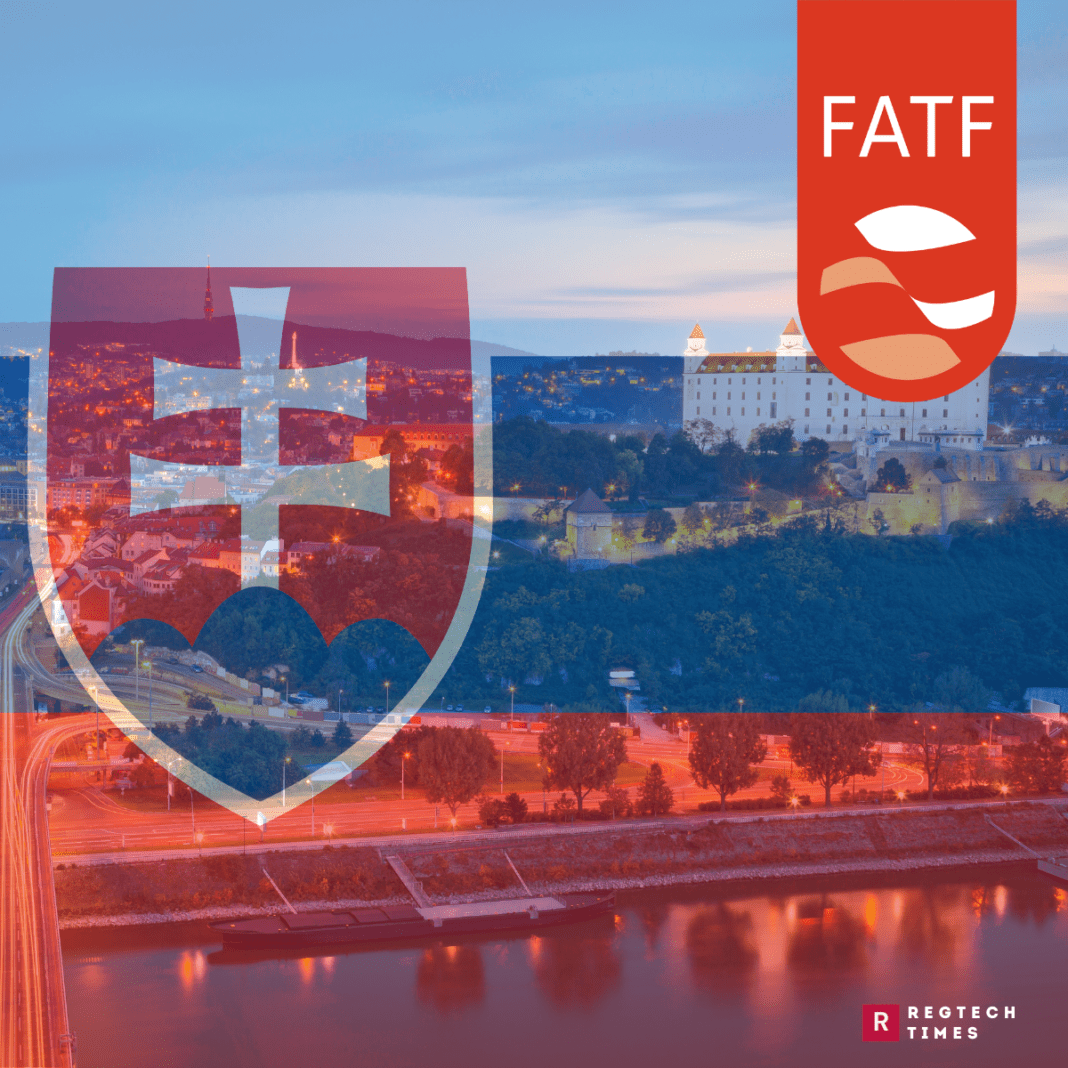The Committee of Experts on the Evaluation of Anti-Money Laundering Measures and the Funding of Terrorism (MONEYVAL) has been closely monitoring the Slovak Republic in the ongoing fight against money laundering and the funding of terrorism. Slovakia’s progress in adhering to international standards is described in detail in the most recent document, the 2nd Enhanced Follow-up Report and Technical Compliance Re-Rating, which was released in December 2023.
This report is a follow-up to the mutual assessment report that was approved in September 2020. Because of the shortcomings that were found, Slovakia is being closely monitored. The international community’s efforts to strengthen Slovakia’s defences are both crucial and praiseworthy as it tightens its hold on illegal money flows.
Slovakia’s efforts to rectify the previously identified technical compliance problems are outlined in the MONEYVAL report. The country’s development in relation to particular recommendations—specifically, Recommendations 8, 26, and 28—is the main topic of discussion. These proposals address non-profit organizations, financial institution regulation and supervision, and designated non-financial businesses and professions (DNFBPs) regulation and supervision, in that order. Slovakia is committed to improving its Anti-Money Laundering (AML) and Counter-Terrorist Financing (CTF) regimes, as evidenced by its proactive approach to addressing recognized inadequacies.
Recommendation 26 highlights Slovakia’s noteworthy advancements in financial institution regulation and supervision, which have improved the country’s classification from partially compliant (PC) to largely compliant (LC). This significant advancement is a result of improvements made to the operational protocols that support the integrity of the financial industry as well as the legal and regulatory environment. Slovakia is resolute in eliminating any potential avenues for money laundering or funding terrorism, as evidenced by the implementation of stricter control procedures and stronger licensing requirements.
The trip is far from done, though. The study highlights areas that require more work. Recommendations 8 and 28 continue to be evaluated as partially compliant (PC) despite efforts to remedy flaws. These domains encompass the non-profit industry and DNFBPs, which persistently pose obstacles to guaranteeing all-encompassing adherence to AML and CTF guidelines. A sophisticated strategy that strikes a balance between regulatory control and the operational reality of non-profit organizations and DNFBPs is required due to the intricacies involved in monitoring and regulating these sectors.
The situation in the Slovak Republic highlights a larger issue that affects all countries: the dynamic and ever-changing nature of financial crimes. Criminal networks are always coming up with new and inventive ways to get around laws and regulations, so nations and their regulatory agencies have to be on the lookout and flexible all the time. Therefore, Slovakia’s continuous attempts to improve its AML and CTF safeguards are a necessary development in the face of a constantly changing threat landscape rather than just a reaction to MONEYVAL’s suggestions.
In terms of the future, Slovakia is still under increased follow-up and is expected to provide an update by December 2024. Slovakia has a chance in this next phase to build on its achievements, deal with enduring issues, and become a leader in AML and CTF procedures. The way forward calls for more interaction with the banking industry, nonprofits, and DNFBPs in addition to minor adjustments to laws and regulations. Preventing misuse of Slovakia’s financial system requires strengthening public-private partnerships, improving information exchange, and cultivating a compliance culture.
In summary, Slovakia’s achievements in combating money laundering and funding of terrorism, as detailed in the MONEYVAL report, demonstrate the nation’s dedication to maintaining global norms. The study also emphasizes the complex issues that still exist, highlighting the necessity of ongoing attention, flexibility, and cooperation. Slovakia’s trek through this difficult terrain provides insightful information on the global effort to combat financial crimes, highlighting both the successes and the challenges that still lie ahead.



